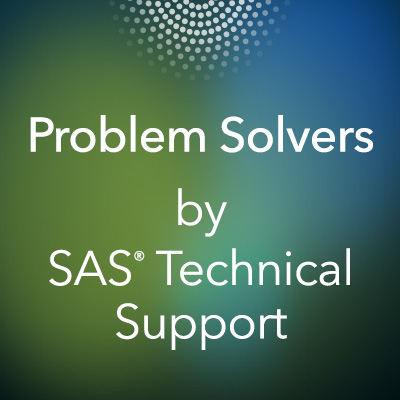SAS Visual Analytics (VA) is web-based environment that supports several applications. It allows you to create beautiful, interactive dashboards or reports that are immediately available on the web or a mobile device.
Benefits of Using SAS Visual Analytics:
Using SAS Visual Analytics, users can enhance the analytic power of their data, explore new data sources, investigate them, and create visualizations to uncover relevant patterns. Users can then easily share those visualizations in reports. In traditional reporting, the resulting output is well-defined up-front. That is, you know what you are looking at and what you need to convey. However, data discovery invites you to plumb the data, its characteristics, and its relationships. Then, when useful visualizations are created, you can incorporate those visualizations into reports that are available on a mobile device or in the viewer.
SAS Visual Analytics provides users with the following benefits:
Benefits of Using SAS Visual Analytics:
Using SAS Visual Analytics, users can enhance the analytic power of their data, explore new data sources, investigate them, and create visualizations to uncover relevant patterns. Users can then easily share those visualizations in reports. In traditional reporting, the resulting output is well-defined up-front. That is, you know what you are looking at and what you need to convey. However, data discovery invites you to plumb the data, its characteristics, and its relationships. Then, when useful visualizations are created, you can incorporate those visualizations into reports that are available on a mobile device or in the viewer.
SAS Visual Analytics provides users with the following benefits:
- enables users to apply the power of SAS analytics to massive amounts of data
- empowers users to visually explore data, based on any variety of measures, at amazingly fast speeds
- enables users to share insights with anyone, anywhere, via the web or a mobile device
Email us: info@epoch.co.in
SAS Training & Placement Programs with Internship*:
Epoch Research Institute India
Largest and Oldest SAS Training Institute
Epoch Research Institute Links:
Epoch | Facebook | Twitter | LinkedIn
Epoch Research Institute India Pvt. Ltd.
Ahmedabad | Bengaluru | Chennai
+91 79 40327000|+91 80 49077000|+91 44 42641500
SAS Training & Placement Programs with Internship*:
Epoch Research Institute India
Largest and Oldest SAS Training Institute
Epoch Research Institute Links:
Epoch | Facebook | Twitter | LinkedIn
Epoch Research Institute India Pvt. Ltd.
Ahmedabad | Bengaluru | Chennai
+91 79 40327000|+91 80 49077000|+91 44 42641500
Epoch Research Institute Links:
http://www.epoch.co.in/
https://www.facebook.com/EpochResearchInstitute
https://twitter.com/epochresearch
https://www.linkedin.com/company/epoch-research-institute-india-pvt-ltd-
http://www.epoch.co.in/
https://www.facebook.com/EpochResearchInstitute
https://twitter.com/epochresearch
https://www.linkedin.com/company/epoch-research-institute-india-pvt-ltd-
FEEDBACK









